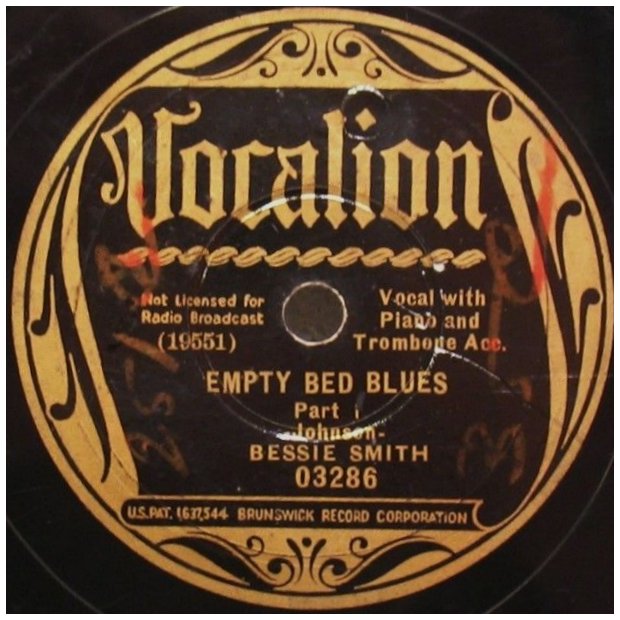|
|
|
Bull
Dyker's Blues and
it all started with... search
phrases:
Also,
see bottom of the page for info on When
something is put on the internet, it seems to take on a life of its
own, Before
I start the research info, here are some examples of the myth
from
UniBlogger, kind of a second string Wiki:
On to the research, starting perhaps as close to the beginning as possible:
Another link to hear the song file, with more credibility than the Youtube one above More
about Johnson from the wonderful site Red Hot Jazz,
And, Eubie Blake's version, "The Dream Rag" Here's one reference, Shane Vogel's "The Scene of Harlem Cabaret," 2009
*the
reference above to a performance of the song by John "the bear"
Wilson
I
have seen a couple of references to the song being recorded by Fats
Waller. Waller did Another mention of Waller
Note
30 above takes us to Jonathan Katz' book of essays, from 1975, and
in that book,
And
HERE is where some people get the idea the Bessie Smith recorded
Here are two sites echoing the error
As
I could not find the video where you can conveniently hear it,
And
HERE is another place readers may make a jump.
alas, it turns out that footnote 29 refers only to the "freak shows"
The
website
coverage of Ma Rainey on the respected site
To
reinforce the jump made by readers that we are talking about |
|
"Empty Bed Blues" As
long as I'm complaining, I'll repeat something I mentioned in my script
section.
In 1928 she recorded the song "Empty Bed Blues,"
about a man. And I found an article I
want a deep-sea diving woman Well,
while I would love to verify that, I just cannot. Perhaps Hajdu has
some way of knowing
I did this show
on Queer Blues in November 2014...well, truth be told, I spent many
I wanted to offer
a piece of information that you mentioned not being able to find a From the article
"'Jelly Jelly Jellyroll' lesbian sexuality and identity in women's
blues" Faith Nolan included
a version of "B.D. Women" on her recent album "Faith
Nolan Live" I want a deep
sea diving woman In this verse
Nolan celebrates lesbian desire and sexual prowess through a lesbian
I thank Jasper for his contribution, and would welcome others.
|





































